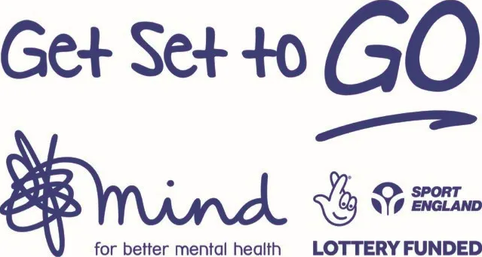UK Coaching runs a great online course on mental health. Follow this link to sign up - https://www.ukcoaching.org/courses/learn-at-home/mental-health-awareness-for-sport-and-physical-act
Barriers to physical activity
Barriers exist for anyone looking to take up exercise for the first time, these barriers are likely to be even more difficult to overcome for someone who experiences problems with mental health.
Physical – travelling, medication
Social – difficulty meeting people, self esteem
Psychological – anxiety in new situations, difficult to make decisions
Technical Barriers – not knowing the rules, lack of experience or skill
Cost - everyone has limited resources
Physical – travelling, medication
Social – difficulty meeting people, self esteem
Psychological – anxiety in new situations, difficult to make decisions
Technical Barriers – not knowing the rules, lack of experience or skill
Cost - everyone has limited resources
Care
CARE = Coaching and customer skills – Awareness – Respect – Empathy
Coaching and customer skills – welcoming and talk to everyone before the session starts. Get feedback at the end of the session.
Awareness – ask people how they are feeling, pay attention, look and listen
Respect – don’t ask intrusive questions, treat people fairly, available to listen
Empathy – talk about your own experiences.
You cannot judge as you’ve not walked in their shoes
It’s good to talk – you should be as open about talking about mental health the same way that you would be talking about an Achilles injury.
Coaching and customer skills – welcoming and talk to everyone before the session starts. Get feedback at the end of the session.
Awareness – ask people how they are feeling, pay attention, look and listen
Respect – don’t ask intrusive questions, treat people fairly, available to listen
Empathy – talk about your own experiences.
You cannot judge as you’ve not walked in their shoes
It’s good to talk – you should be as open about talking about mental health the same way that you would be talking about an Achilles injury.

Get Set to Go Project
- Family and friends should be included in the program – bring a friend sessions
- Regular structure should be given to weekly sessions. Changes should be minimised
- Programs should focus on increasing motivation. Autonomy, competence and connectedness
- Reduce initial barriers with clear and specific information
- Reduce sitting time
To spot someone who might be experiencing problems with their mental health it is important to look for changes in behaviour. It really helps if you get to know the people who attend your sessions well.
When someone comes to you to say that they are struggling with mental health.
- Suggest meeting somewhere relaxed and quiet
- Ask open questions
- Do not try to solve all the problems yourself direct the person to the nearest MIND meeting - https://www.mind.org.uk/
Ask – if they have been to the GP
Encourage – them to contact Mind or another mental health organisation
Talk – to them about how they are feeling
mental health crisis

Mental Health Crisis is when someone feels that their mental health is at breaking point.
Remember that not everyone who is experiencing mental health problems will reach a crisis.
If you are worried that someone might be in crisis contact Samaritans – 999 or AE

